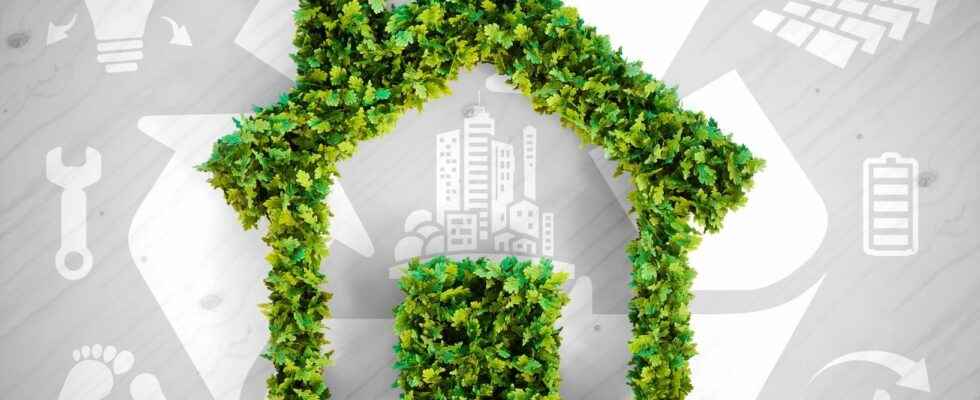L’ecological footprint is an estimate of the land area needed to sustain itself: this tool is a measure of the pressure that man exerts on nature.
According to the Global Footprint Network, our way of life currently requires 1.7 planets for our resource consumption to be compensated globally. Each year, this network calculates the “overshoot day”, the point at which humanity has consumed the resources that the Earth can compensate for in a year. In 2017, the overshoot day was August 2.
Ecological footprint and lifestyle
The ecological footprint of an individual depends on his way of life. On average, it is estimated that a European needs the equivalent of ten soccer fields (approximately 5 hectares) to live on, whereas an American needs twice as much. An average person on Earth would only need five football pitches.
To modify his ecological footprint, an individual can act on the following factors:
- the type of power supply (omnivorous, vegetarian, vegan…) and the origin of the food (local…),
- the quantity of waste issued,
- the mode of transportation (soft mode, cartrain, plane…) and the distances covered,
- the heating method, the origin of the electricity used, the energy savings…
You will also be interested
[EN VIDÉO] COP21: is non-polluting transport the key to an ecological future? Based on our current oil consumption, it is estimated that this fossil fuel will still be available for 40 years. Black gold is becoming increasingly rare, expensive and difficult to extract. In this interview, François Moisan, executive director of strategy and research at Ademe (Agency for the environment and energy management), offers us alternative solutions.
Interested in what you just read?
